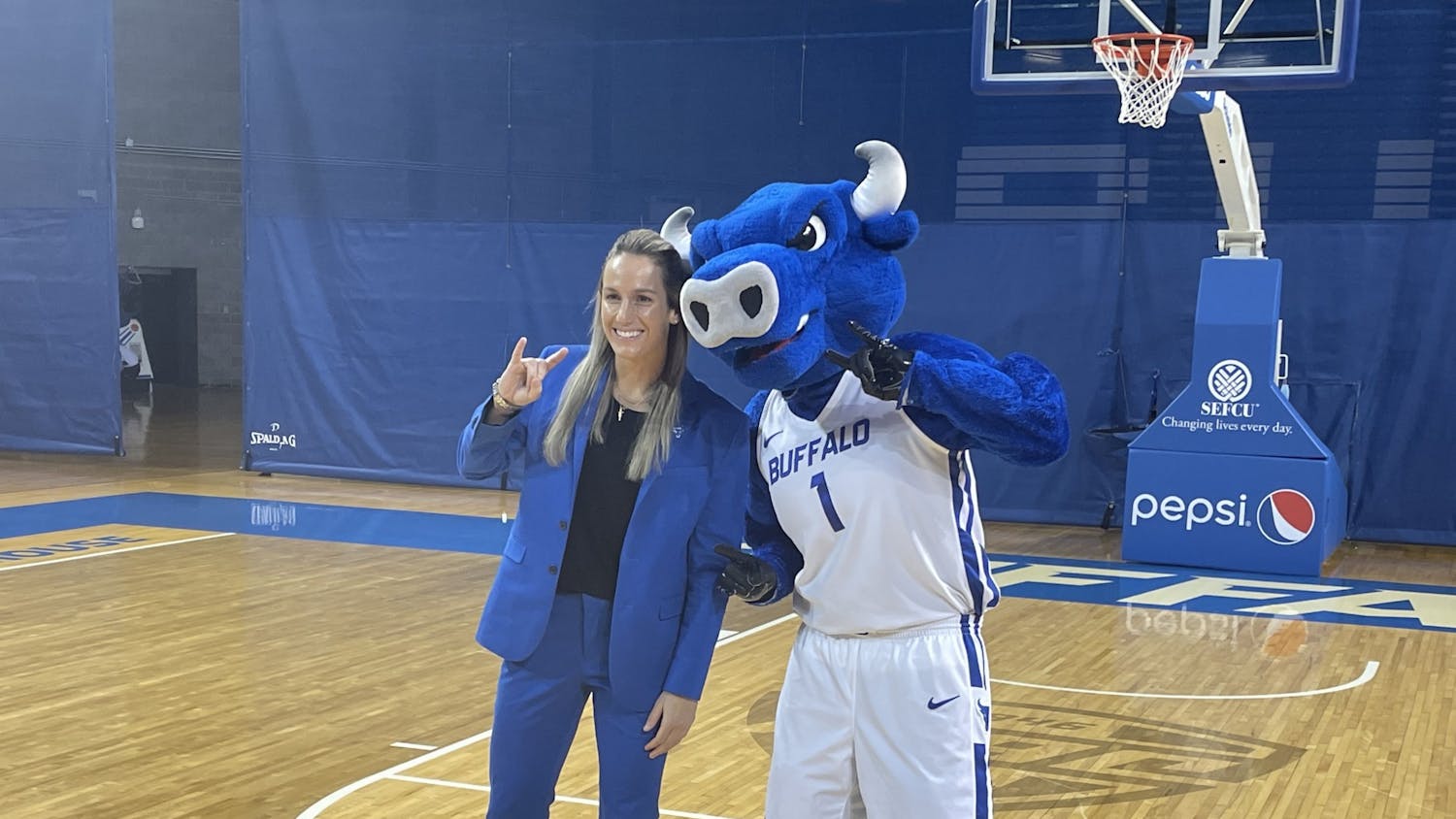Alyssa Reese, a fourth-year UB medical student, is working alongside the UB Human Rights Initiative (HRI) to inform the medical community about female genital cutting.
Female genital cutting (FGC) is the non-medical complete or partial operation, removal or injury of female genitals without informed consent. Justifications for the procedure include preserving virginity, social acceptance, better marriage prospects, cleanliness, religious approval or more sexual pleasure for men.
FGC is practiced all over the world but primarily in sub-Saharan Africa, the Middle East and Asia. 513,000 girls and women living in the U.S. potentially have undergone or are at risk of undergoing FGC in the future, while 230 million women living today have had FGC performed on them, according to data from UNICEF.
FGC can cause depression, anxiety and post-traumatic stress disorder (PTSD). Physical consequences include infection, bleeding, pain, UTIs, infertility, clitoral neuroma, prolonged labor and postpartum hemorrhaging.
“It gets mixed in with male circumcision a lot of the time, but it differs significantly from male circumcision,” Reese said. “There are no benefits from FGC at all from a medical perspective and from a sexual pleasure perspective.”
Reese has written 20 manuscripts and has organized the HRI Annual Interdisciplinary Conference on Female Genital Cutting for the past two years. She wrote her honors thesis — titled “A Step Towards Trauma-Informed Care: Understand, Analyzing, and Improving Awareness of Female Genital Cutting” — on FGC. Reese also founded the Buffalo Health Law Society and has served as one of the directors of operations for the Human Rights Initiative. She is currently a member of the HRI e-board.
HRI is a part of the Physicians for Human Rights Asylum network of student-run clinics. This work is done entirely pro bono, and it has served over 180 clients from over 40 countries. But Kim Griswold, the founder of the HRI and a family medicine physician, says she has concerns about how the upcoming presidential election will affect their work.
“We work free, and we will continue to, no matter what,” Griswold said. “But yes, I do have concerns. Immigration, as you know, is a red-button topic and misunderstood. Our system is so complex and so difficult and so bad.”
Griswold founded UB’s HRI in 2014 and is currently the faculty liaison. HRI provides physical and psychological forensic evaluations for asylum seekers who were victims of torture. These evaluations are used to develop medical affidavits for clients. According to the National Institutes of Health, 42% of those who seek it are granted asylum, but 81% of those with a medical affidavit or forensic evaluation receive asylum.
“I’m just so happy that students are involved,” Griswold said. “They’re getting a different look at the world and perspectives about what happens.”
Reese also took part in the HRI’s medical student-run clinic. This is where she had her first exposure to FGC. Reese saw the lack of knowledge surrounding FGC and hopes to educate the medical community on the topic.
“There’s a reproductive health crisis right now in terms of legislation in the United States, and I think that can trickle into so many things in the lives of women,” she said. “Raising awareness is just really important to me, and I think just staying at the forefront of these issues of women’s health in general is gonna be really helpful.”
Reese will be a resident at Eastern Virginia Medical School’s Integrated Plastic and Reconstructive Surgery Residency Program. She hopes to one day be able to perform FGC reconstructive surgeries.
“So I think a lot of people are like, ‘FGC is such a niche area, I’m never going to see anybody who has FGC in my career potentially,’” she said. “And the way I always respond to that is ‘you’re going to see somebody in your career who has experienced sexual or gender violence… I think that trauma-informed care is going to be useful, no matter what you’re going to do.”
Sarah Owusu is an assistant news editor and can be reached at sarah.owusu@ubspectrum.com

Sarah Owusu is an assistant news editor at The Spectrum. In her free time she enjoys reading, baking, music and talking politics (yes, shockingly). She'll also be her own hairdresser when she needs a change.





